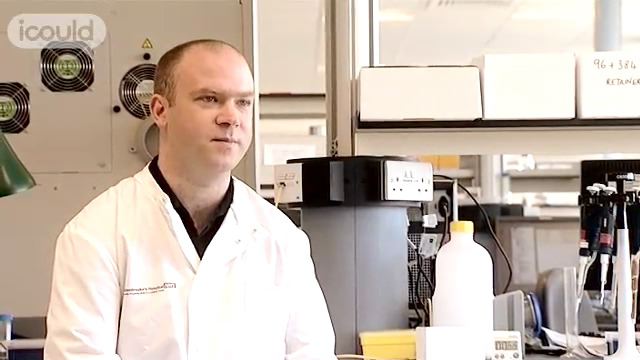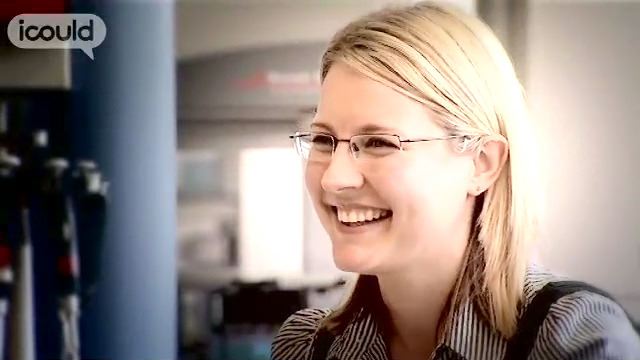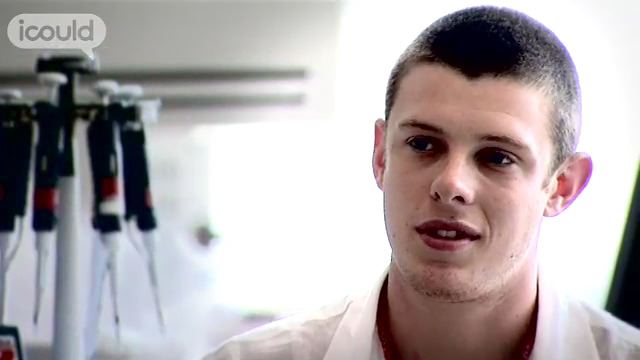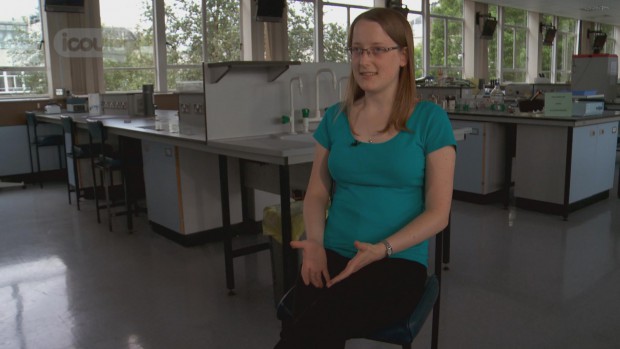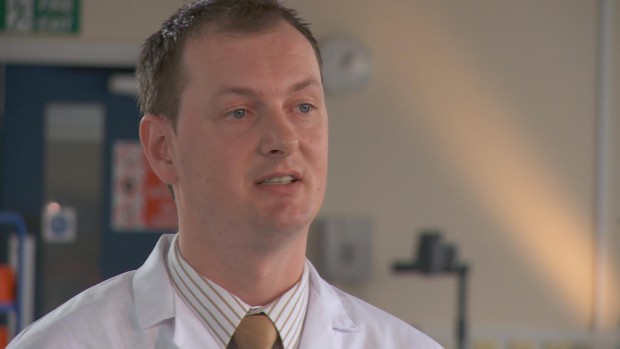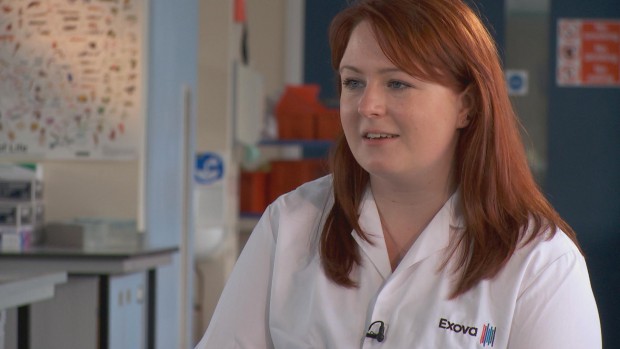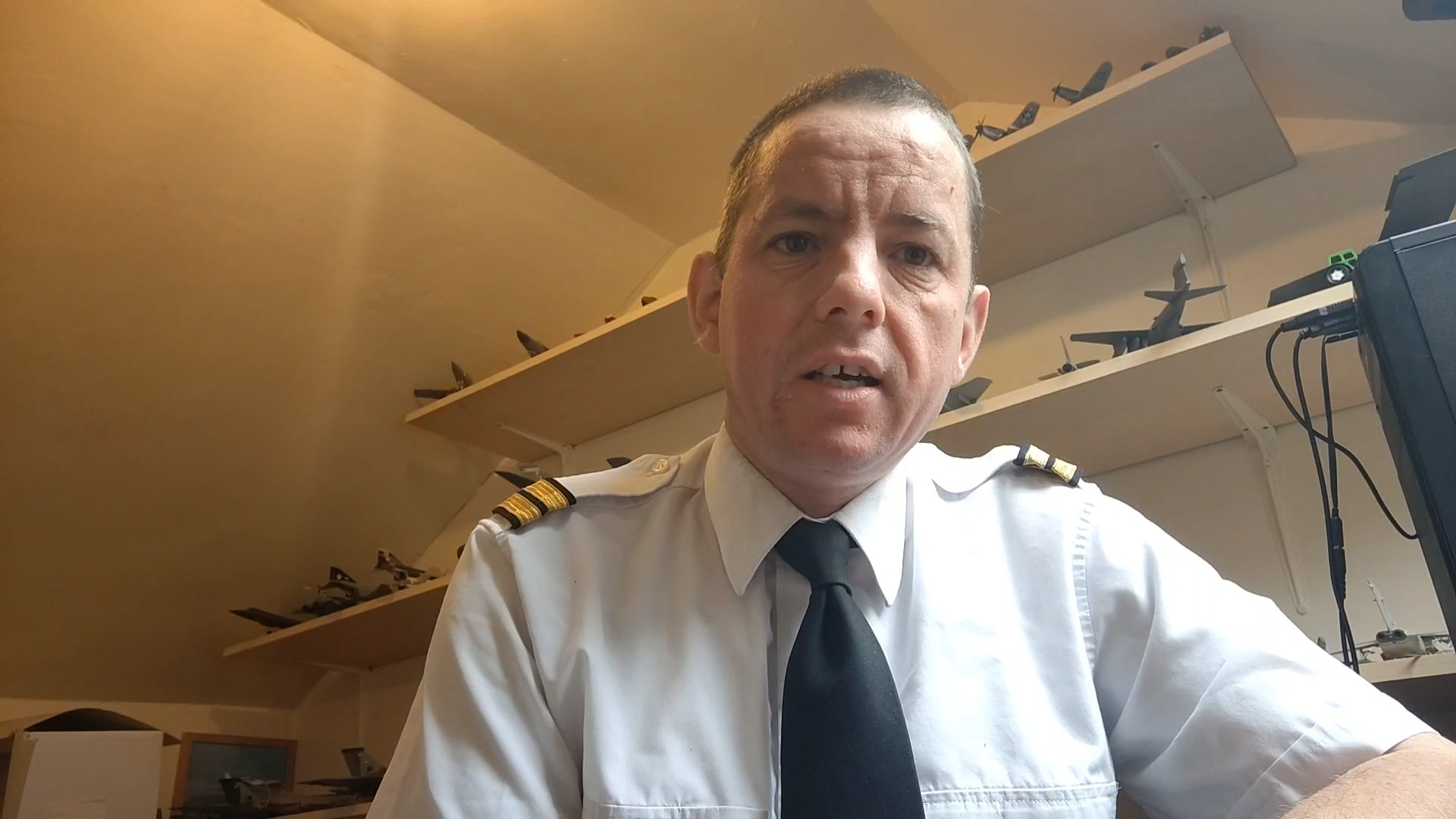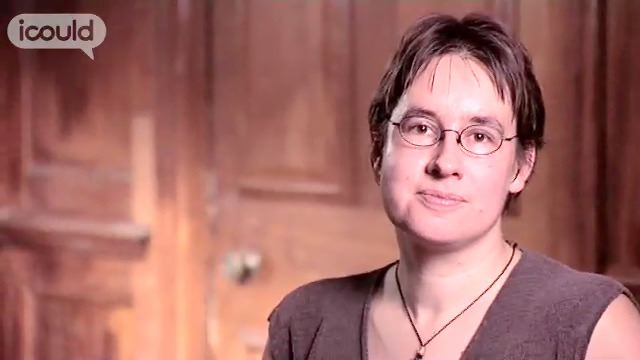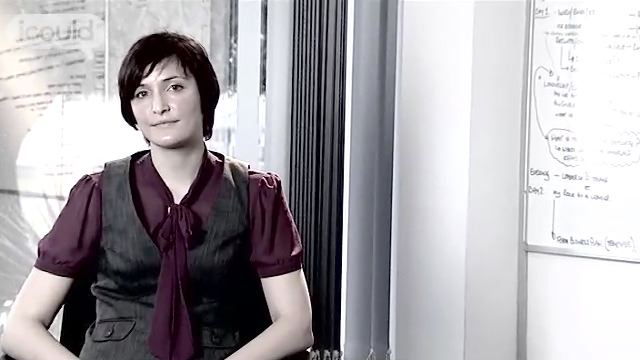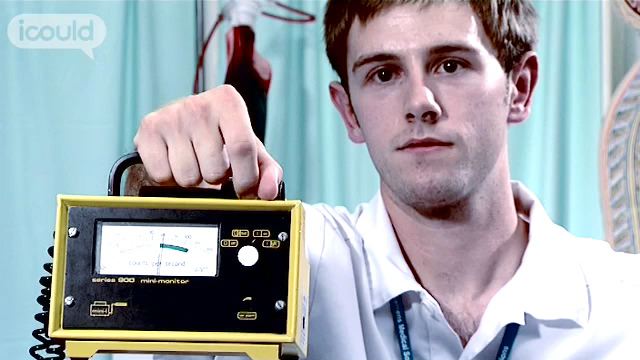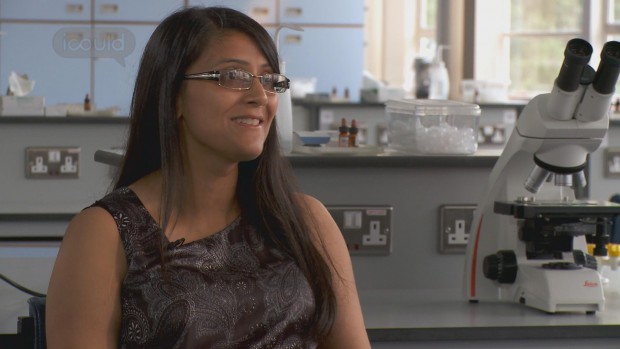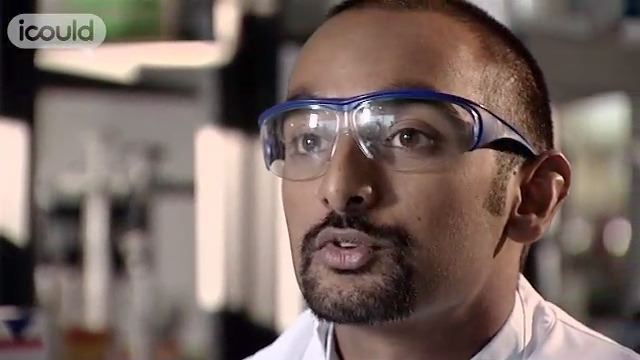Laboratory Technician
Exova
My name is Katherine G and I’m a Laboratory Technician at Exova. It’s day to day running of samples and its extracting different types of foods and then we run them with a variety of techniques depending on what the sample is and what we’re looking for. It’s just to make sure that food is safe to eat and there’s nothing that’s going to be harmful or harmful to certain individuals like allergens but I mean most of it is micro toxin work which is deadly funguses growing on things like nuts and fruit.
I just left university and I had a chemistry degree, just walked into it really. I went through an employment agency, just went onto their books, they had this opening and they offered it to me, that was that. No I never thought I’d work in science really, I didn’t enjoy my degree which was in chemistry I thought I’d probably end up doing office work. I started at the lab and then ended up really liking it so I think I’m going to stick with it now. I did like science when I chose my degree I enjoyed my A Level a lot, I thought that chemistry might be for me but then the actual degree was so different from the A Level, it’s much more intense. When you’re there and you’re having 30 plus contact hours a week and you live with people that are having 4 contact hours a week you just feel like you’re having the harder end of the bargain. It felt like a lot of hard work and the content didn’t appeal to me really I was never that interested by it so I suppose I never really gave it my full, I never really took, I don’t know I just, it wasn’t for me it was the wrong choice I shouldn’t have done it really.
During my GCSE’s I think all of my best ones were sciences so for my A Levels I chose Biology, Chemistry, Maths and Physics and throughout the course of the A Levels Chemistry was the one that I enjoyed the most so I chose it. I hadn’t thought about a job in particular I was just going with what I enjoyed at the time. I’m happy where I am now, I don’t regret my choices but I think had I have thought about it more at a younger age I probably would have chosen different.
Both my parents have arts degrees and I just went straight for the sciences and my brothers are both going for sciences as well which is opposite from the parents. My dad and all of his siblings all went to University and my mum and all of her siblings all went to University as well so it was just expected that you all go to University and you will have a degree. Well my dad is an archivist and he worked for the Express and Star newspaper but he’s recently been made redundant and my mum gave up work when we were little so she’s a housewife.
From Technicians level the next step up would be a senior technician then you’d become an analyst then you’d become a senior analyst and then its principle analyst and then from there you can move up the company and go into different areas but principle analyst is the top of the actual lab work. You don’t need a degree for it, I work with somebody that she’s higher up from me, she left school at 16 so I could have had this job at 18 or 16 and by now when I’m 22 I could have been a senior technician or an analyst or higher.
For the career progression that I’m planning I’ve pretty much sorted myself out with a chemistry degree that’s all I need I mean as I said you could have my job with no real qualifications but you can’t get to the higher up levels without the degree you need the degree to become a principle analyst.
The best part of the job is when you are really really over worked and over stressed and that by the end of the day you’ve put in enough effort such that you’ve got all the results out on time, it’s quite satisfying to thing yeah I did that on my own, no one can take away the fact that I did it. I’m at the bottom of the ladder but I think I probably have more responsibility than other people at the bottom of the ladder just because of the lab that I work in, we’re quite a laid back lab in terms of sharing the responsibility between everyone and everyone is an equal member of the team.
Katherine always likes sciences at school, with her favourite subject being Chemistry. She studied Chemistry at A-level and then went on to a degree in Chemistry. She feels that this may not have been the right choice of degree for her but it has now led to her current role as a laboratory technician, specialising in food science.
More information about Laboratory technicians
The UK average salary is £29,813
There are 37.5 hours in the average working week
The UK workforce is 47% female and 53% male
Future employment
- Sets up and assists with the construction and the development of scientific apparatus for experimental, demonstration or other purposes;
- Prepares and analyses body fluids, secretions and/or tissue to detect infections or to examine the effects of different drugs;
- Grows cultures of bacteria and viruses, prepares tissue sections and other organic and inorganic material for examination and stains and fixes slides for microscope work;
- Operates and services specialised scientific equipment, undertakes prescribed measurements and analyses and ensures that sterile conditions necessary for some equipment are maintained;
- Records and collates data obtained from experimental work and documents all work carried out.
